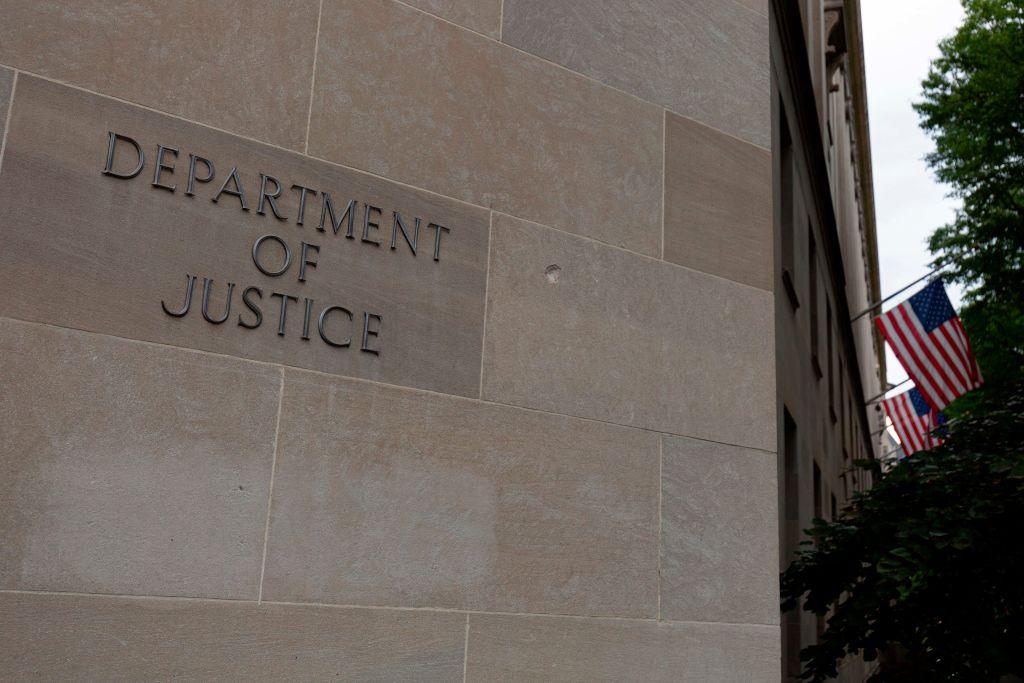The Justice Department (DOJ) has submitted a proposal to Congress on Wednesday that seeks to curtail liability protections for internet companies to force them to manage and moderate content on their platforms responsibly and fairly.
The proposal calls on Congress to update Section 230 of the 1996 Communications Decency Act, which largely provides immunity for online platforms from liability for content posted by their users, although they can be held liable for content that violates anti-sex trafficking or intellectual property laws.




